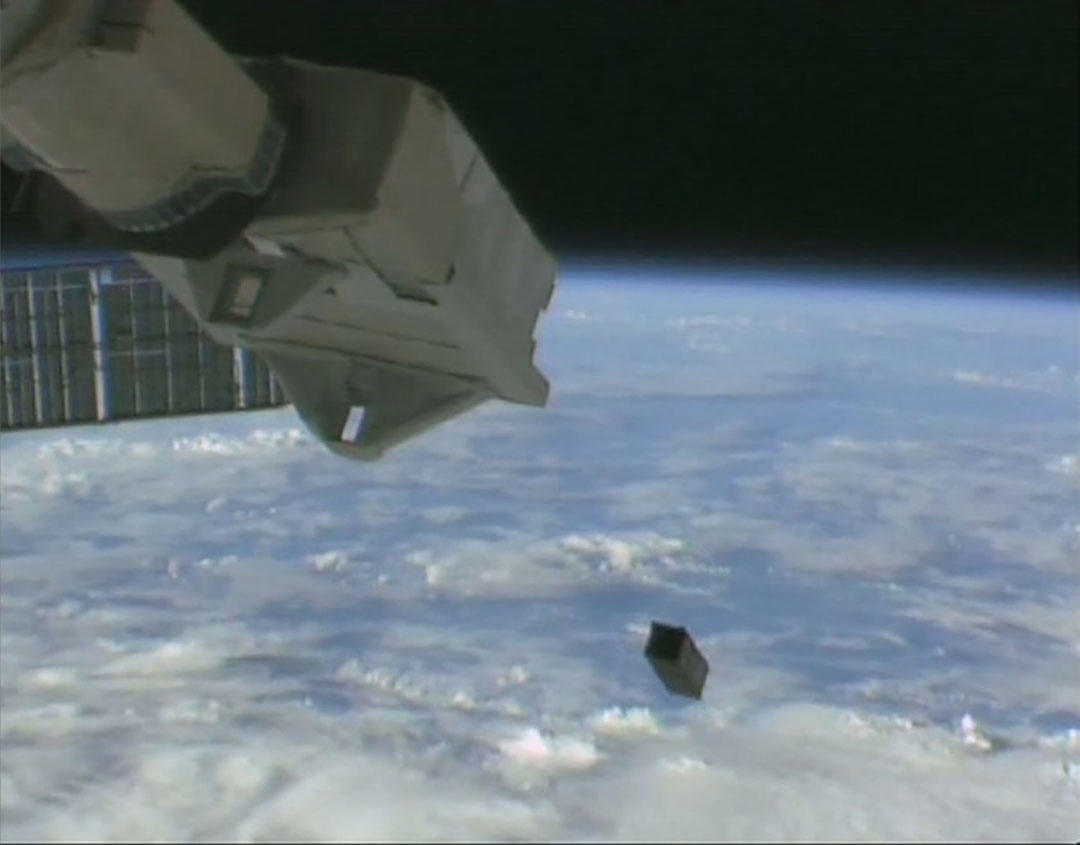Singapore teams with industry to accelerate space program

Singapore is pursuing a commercial enterprise approach in its quest to launch satellites, innovate space technology and train a new generation of space engineers.
Leading the way is Singapore Space and Technology Ltd. (SSTL), a private-sector organization that works with government and businesses to advance the city-state’s space industry.
After studying aerospace science at Embry-Riddle Aeronautical University in the United States, Jonathan Hung, founder and chairman of SSTL, returned to Singapore in 2006 with the vision of accelerating the growth of his country’s space industry.
“Unfortunately, we didn’t have a very strong space industry here in Singapore,” Hung said in an October 2019 interview with Singapore startup SpaceChain. “We had a very strong aerospace industry and a very good electronics manufacturing base. We have good info-comm and media companies and very good precision engineering companies. So, we had all the key ingredients for space sector capability and a space industry. So that’s how we decided to form the SSTL, a central body that can support the industry as a whole.”
SSTL also serves as a trade association for dozens of space industry companies in Singapore ranging from local startups to multinational firms. One such firm, Singapore-based Equatorial Space Systems (ESS), unveiled plans to launch its Dorado rocket in 2021 using a proprietary hybrid propulsion system. ESS announced a partnership in September 2020 with United Kingdom-based Commercial Space Technologies Ltd. (CST) to provide launch services to CST clients. The rockets are expected to launch from offshore platforms.
To foster development of space startups, SSTL employs an accelerator program to provide access to industry experts, end users and business services, including fundraising.
The company hosts the annual Global Space and Technology Convention. The February 2021 convention is expected to feature 900 delegates, 60 speakers and 350 companies from more than 50 countries, SSTL reported.
SSTL also works with the Japan Aerospace Exploration Agency to use its Japanese Experiment Module on the International Space Station (ISS). In June 2018, the organizations deployed the nanosatellite SpooQy-1 from the ISS. Developed by the National University of Singapore, SpooQy-1’s mission is to demonstrate how the use of quantum signals from a low-Earth orbit could enhance telecommunication transmission speeds. (Pictured: SpooQy-1 is deployed from the International Space Station in June 2018.)
SSTL also trains space industry professionals to build mock-up nanosatellites after learning the essentials of satellite operations and systems.
The company’s annual Space Challenge, held every year since 2007, promotes space industry careers for young people. The 2020 challenge calls for participants to design a lunar rover.
Tom Abke is a FORUM contributor reporting from Singapore.




